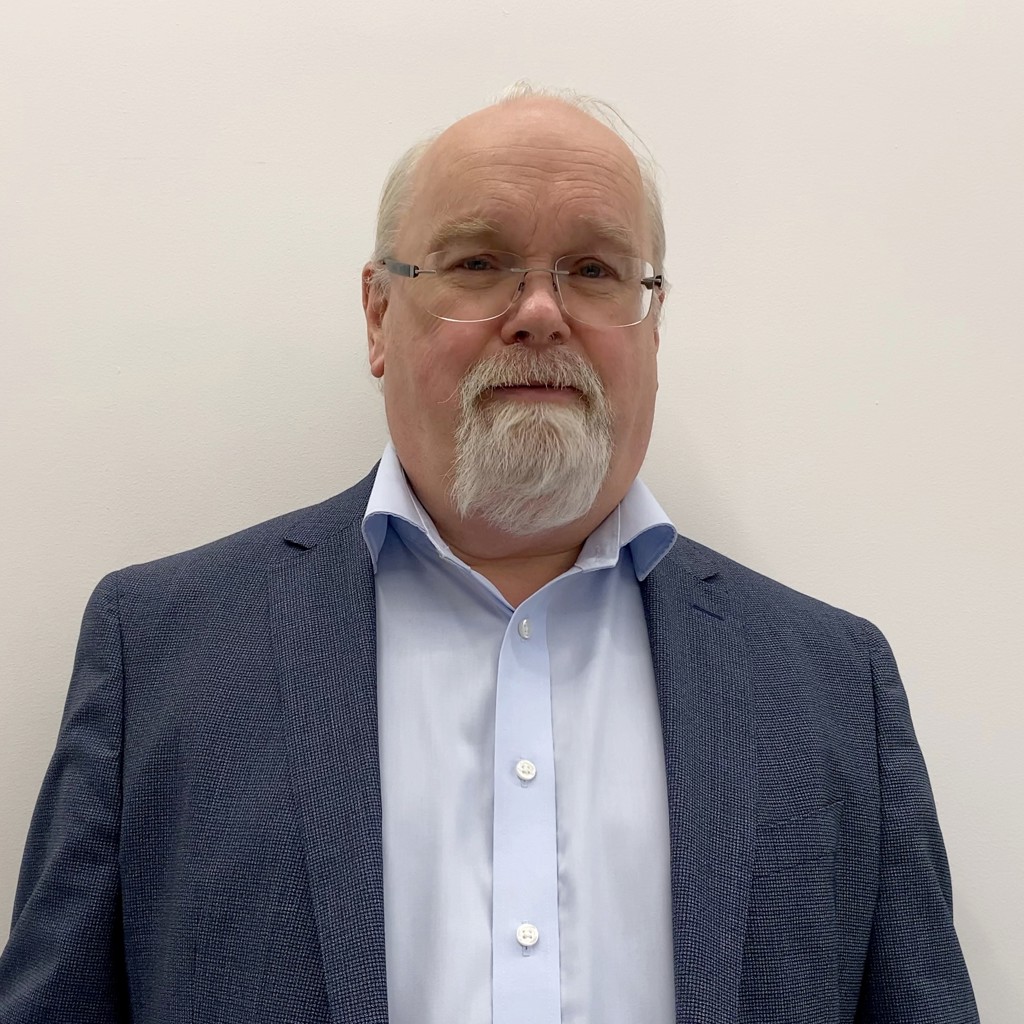Des Gibson
University of the West of Scotland, UKFor contributions advancing the technology and industry of optical coatings, sensors and medical devices.

Des Gibson has spent most of his career on the industrial side. He has worked in nearly every sector of optics and photonics, including start-ups, large and small companies. He has experience on the research side, as well as on the executive team and board. When he chose to pursue industry, he did so because "you get a greater breadth of knowledge and in-depth research in industry compared to academia… it's not just about doing the base research. It's about making the technology work in products and ensuring it is effective for customers and into the world." His greatest satisfaction comes from the opportunity to routinely commercialize products. He comments, “I enjoy translating fundamental technology and research into products and usable technologies…commercialization of technology gives me the greatest buzz.”
People have always been important to Des, including his mentors Paul Lissberger and Hugh Angus Macleod. These two heavily influenced Des and taught him many important lessons that he uses every day. Paul instilled discipline, and Des remembers, "he really was a hard taskmaster but very fair in getting things done well and on time so that your project didn't meander. It was very well managed and very well controlled." Discipline is essential in industry due to the hard deadlines and specificity of projects. As Des progressed, his colleagues became more critical, especially when he moved into entrepreneurship. Des comments, "the right people are absolutely essential. With the right team, you can do almost anything." He has proven this to be accurate, successfully founding and selling multiple companies throughout his career.
As an entrepreneur, Des has drawn on his experiences from all over his career. He enjoys setting up companies but advises that the task is not for the faint-hearted. A business plan is merely a guidebook, and he says, "if you hold to 40% of your business plan, you're lucky." One must also have the right idea: "You might have the best technology in the world, but if you can't make it at the right price and performance, you're dead from a commercial point of view." There are numerous elements to embarking on the entrepreneurial journey, and Des has incorporated many years of experience into his ventures. He has learned that small companies can be more agile, adapting to the market more quickly. Larger companies offer more specialization for the employees and often have much larger budgets to utilize. Pulling elements from both has enhanced Des's success.
Today, Des has returned to academia and seeks to bring a new way of thinking to the sector, incorporating lessons from his many years of experience in industry. He remembers giving a talk once and using the word "exploitation" in regards to utilizing technology to its highest potential. A student in the audience was uncomfortable with that word, so Des explained, "We can't just do research for the sake of doing research-it has to have an end goal, to help society in some way… that's what I mean by exploitation." Des has encountered this attitude frequently, and he hopes to show that “exploiting” technology is a positive tool that enables society to move forward and solve problems. He also hopes to influence the time scale and efficiency of academic research. Des has learned that efficiency and agility are vital in the industrial sector, and he thinks incorporating more streamlined time frames into academic research could be beneficial.
Photo Credit: Des Gibson
Profile written by Samantha Hornback
